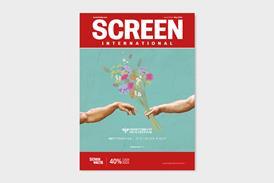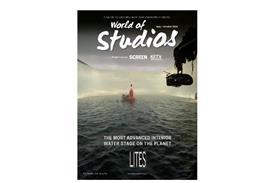The MIP-COM television programme market which closed yesterday, exactly one month after the terrorist attacks in the US "were clearly affected" by the climate of political uncertainty.
That was the conclusion of Michael Weatherseed, director of television for the market organisers Reed-Midem, as he reported a drop in attendance, but good levels of business. According to Weatherseed's figures the total number of companies exhibiting at MIP-COM was up 5% from 1,189 to 1,244. But the number of participants was down 15% from 11,786 to 9,841, confirming the widespread opinion that delegations had shrunk as a result of personnel fears and economic belt-tightening.
The biggest stay-aways were Americans, where visitors slumped from 2,036 to 1,403 and from Japan, where participants were down by a third from 306 to 202. That left the 1,818 Britons as the most numerous national group, ahead of both the French and the Americans.
Although US companies were the most numerous exhibitors with 117 (compared with 136 last year), ahead of the 101 (98) UK companies and 62 (63) French outfits. Korean exhibitors increased from nine to 12 and the number of Korean participants soared from 49 to 201. While MGM was understood to have left Cannes the day after bombing began in Afghanistan, MIP-COM said that only five US companies pulled out after Sept 11.
Weatherseed said that many companies had offered very positive feedback. And he quoted Columbia TriStar International Television's vice president of international programme development and format sales Paul Gilbert as saying that it had been the best MIP-COM ever for his company.
Capitalising on the ongoing interest in format sales and recent disappearance of the Monte Carlo market, which had tried to turn itself into an event focused on formats, the next MIP-TV market in April 2002 will create a one-day conference on genre. "Format sales are still rising," said Weatherseed, "although we may be moving into a new generation that are more co-operational and emphasise family values."



















No comments yet